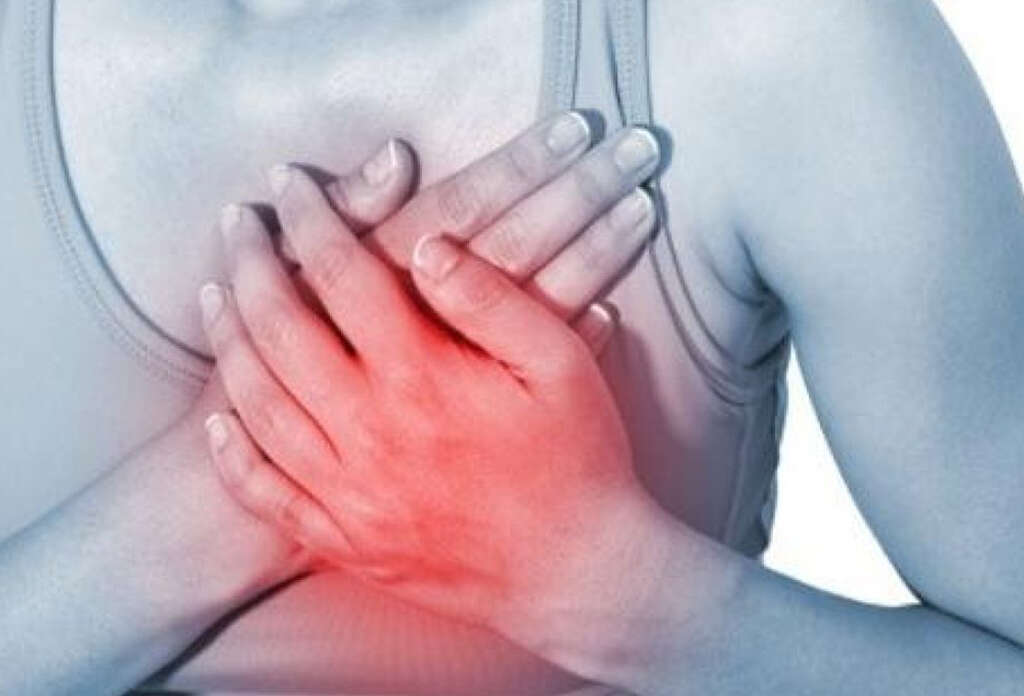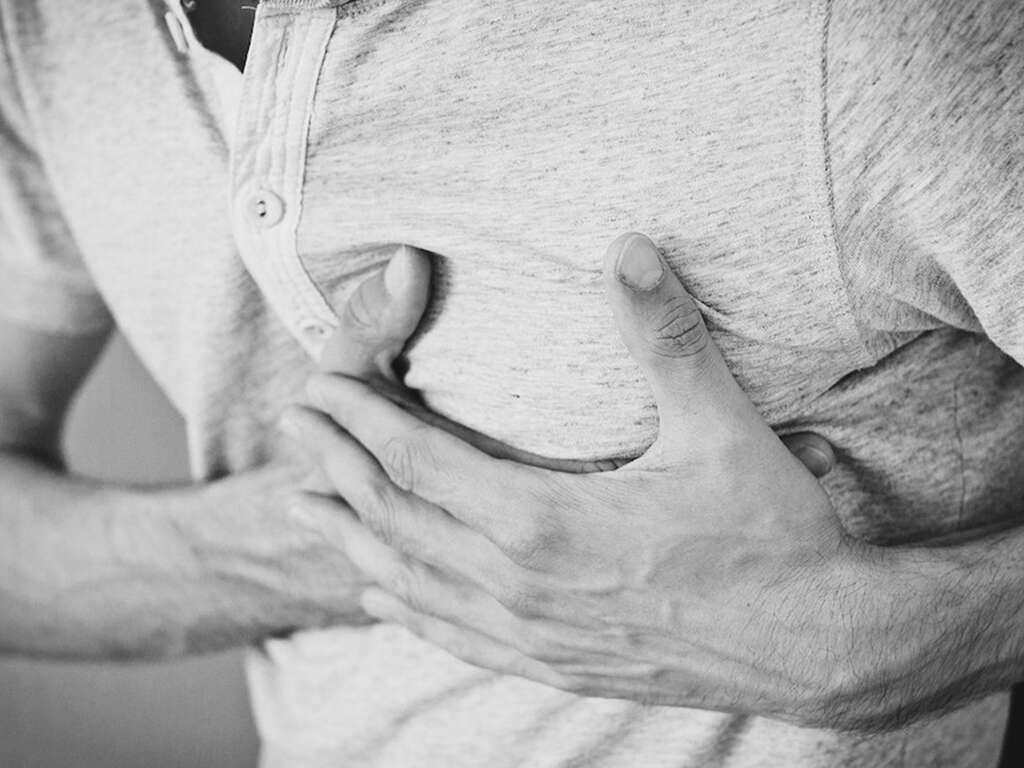10 Causes of Heart Palpitations
All day, every day, our hearts are pumping blood around our bodies to provide essential oxygen and nutrition. Most of the time we barely even notice our heart is pumping, although sometimes it can give us a reminder when we exercise or experience something frightening.
If the heartbeat increases beyond normal levels and feels like it is fluttering or beating hard, it is known as heart palpitations, which typically only last a few seconds. It can be quite alarming, although it is not usually harmful and will subside after some rest. Sometimes, though, it can be a sign that we are in danger and should be treated as a matter of urgency. Here’s a look at some of the most common symptoms of heart palpitations.
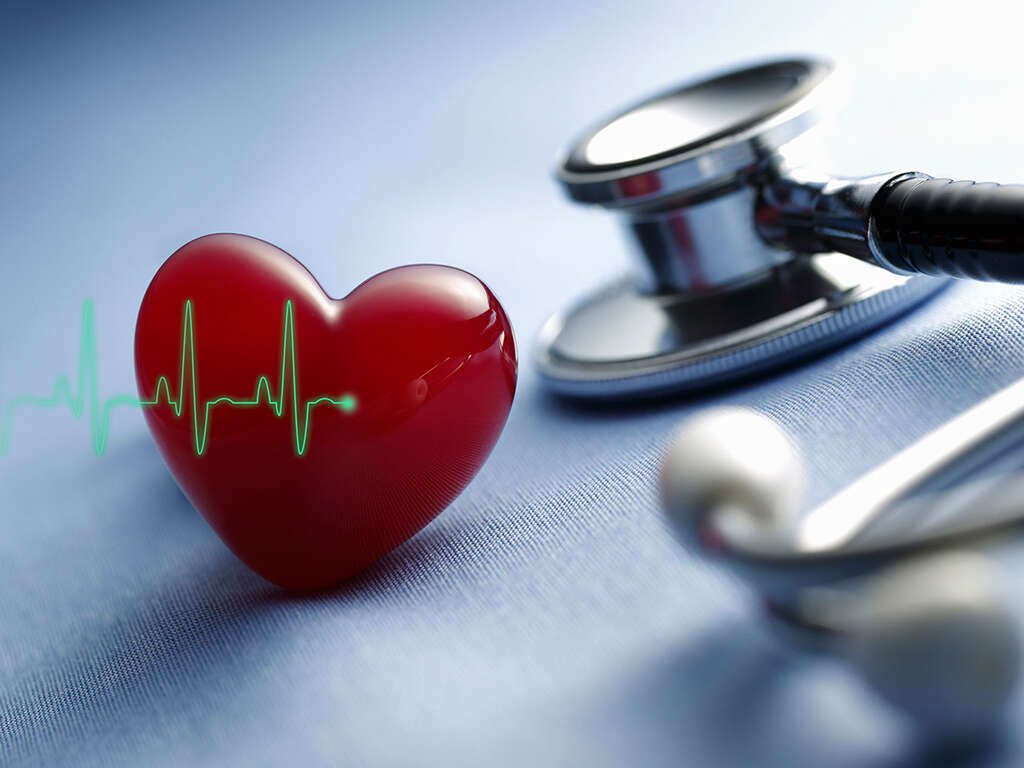
Cause #1: Panic Attack
Fear is a natural response that all of us feel at some point in our lives. It is a survival instinct that causes us to react to potentially dangerous situations. If we didn’t react accordingly, the danger may be able to harm or even kill us. Sometimes, though, this fear can become overwhelming and it is not always justified.
As the name suggests, a panic attack is when somebody feels an overwhelming urge of stress or fear. It can be a terrifying experience for the person having the attack and can be identified by a number of symptoms, including heart palpitations, as the heart begins to race.
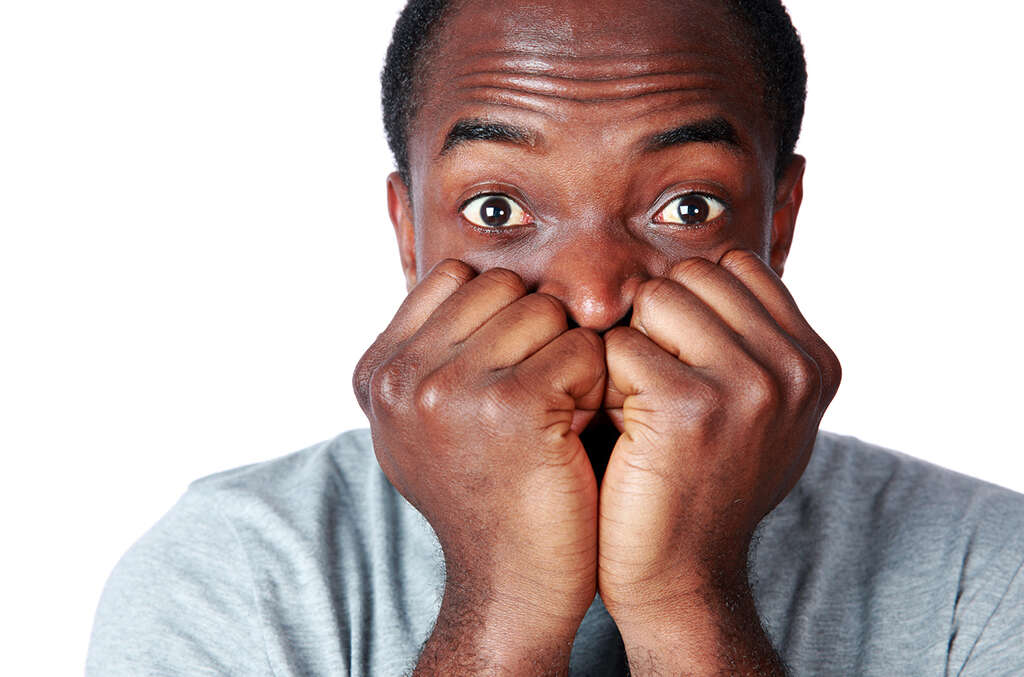
Cause #2: Dehydration
Most of us are fortunate not to be concerned about getting enough fluids on a daily basis. Still, there may be times when we don’t have enough and we might become dehydrated as a result. This can lead to a number of symptoms, including heart palpitations, although the situation is usually quite easy to deal with.
Becoming dehydrated is likely to lower the body’s blood pressure as there’s simply less liquid present. Dehydration also affects the balance of electrolytes, or nutrients, that we gain from those fluids. This, in turn, can cause the body to compensate by increasing the rate at which the heart is beating.
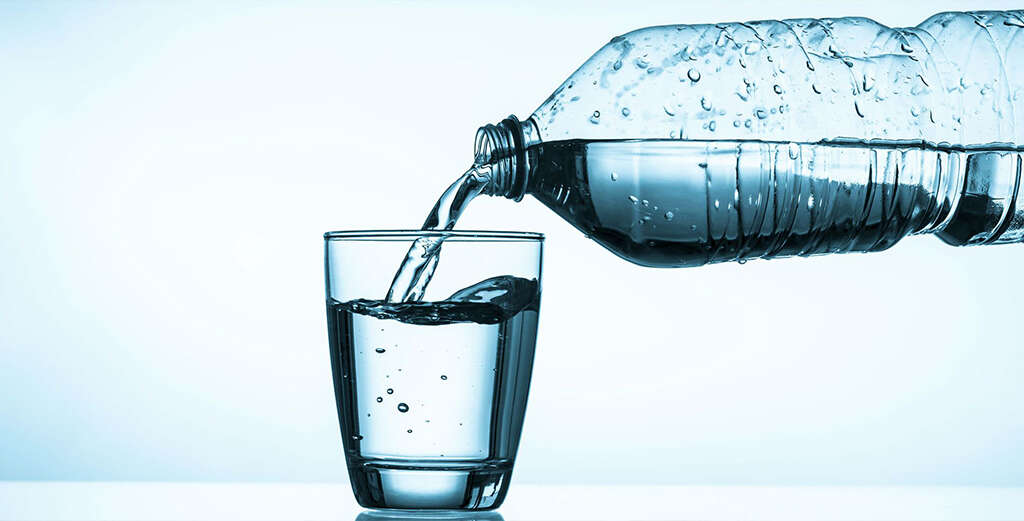
Cause #3: Stress
Life is not always as easy as we would like it to be. Events around us can cause us to become stressed; our bodies then strive to deal with whatever is concerning us. Adrenalin is secreted into our bloodstreams, making it difficult for us to relax and causing our hearts to work harder at pumping blood around our bodies.
This heavy pumping of the blood leads to heart palpitations, which are a fairly common symptom of stress. Usually, we will calm down and our heartbeats will return to normal levels once the cause of stress has subsided. If heart palpitations are persistent even after the stress has disappeared, then you should seek medical help.

Cause #4: Dietary Changes
Humans tend to have a varied diet, and, despite the occasional upset stomach, this is not a problem for us. A varied diet is actually recommended as it provides us with a greater variety of nutrition, helping us to keep fit and healthy. Sometimes, though, changes in our diet can have undesired effects, including heart palpitations.
A change in diet might expose somebody to an allergen which could cause the heart to begin racing. Dietary changes can also affect blood sugar levels or affect the body in other ways that will increase the heartbeat. If a change in diet does cause palpitations, it is recommended to keep a diary of what you are eating to try and identify the food that triggers the condition.

Cause #5: Stimulants
There are numerous substances that act as stimulants for our bodies. They often give us an increased sense of alertness and many are also likely to increase the heartbeat. Too many stimulants can cause our hearts to race beyond comfortable levels, causing palpitations.
One example of such a stimulant would be caffeine that is found in tea and coffee. While such beverages are ideal for a perk in the mornings, many people need to consume them in moderation to avoid excessive palpitations. Drugs such as amphetamines and cocaine can also lead to palpitations, while energy drinks such as red bull can also be responsible.

Cause #6: Medicines
There is a huge variety of different medicines available to treat many ailments. These medicines will have various side-effects, some of which are intended and some of which are not. One possible side-effect of some medications is heart palpitations.
If you are prone to palpitations or you have any other reaction to drugs, you should let your doctor know beforehand; they may be to prescribe alternatives if needed. Different combinations of medications can also cause palpitations and you should consult a doctor if they persist.
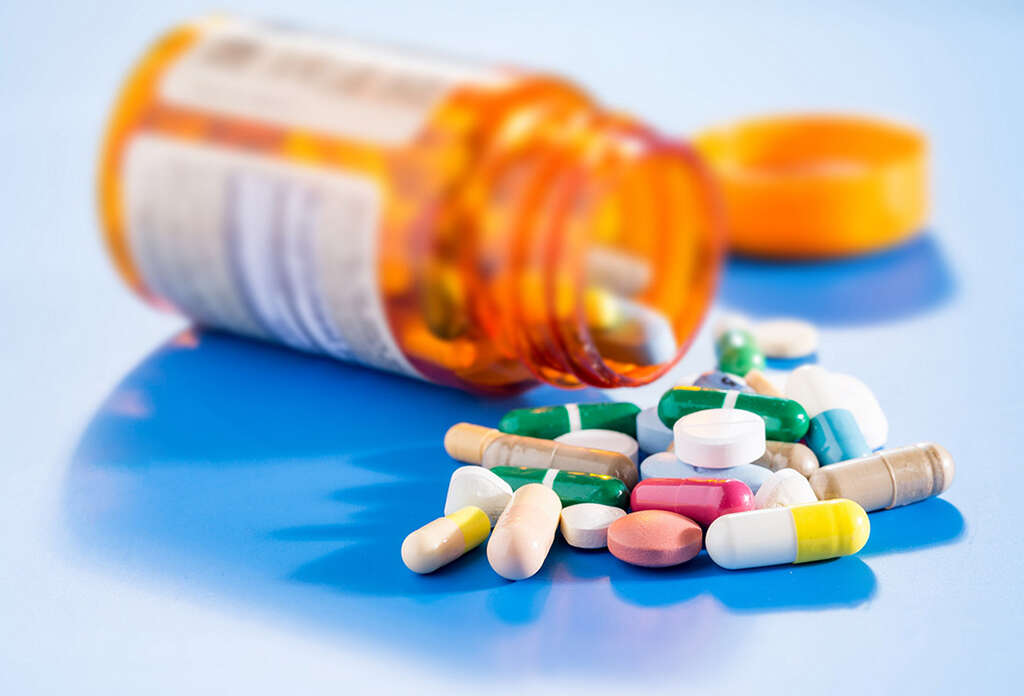
Cause #7: Hormonal Fluctuations
Our bodies are largely regulated by hormones that control different aspects of how we function. They can affect mood, blood sugar levels, body temperature and a wide range of other functions. One such function is the heartbeat; fluctuations in hormone levels can lead to heart palpitations. The palpitations will subside once the hormones levels are balanced again.
In women, such hormone fluctuations are likely to be caused by pregnancy, menopause, and menstruation. Contraception pills can also cause hormonal fluctuations that lead to heart palpitations. If the palpitations persist, it is advisable to seek professional medical advice, especially in the case of pregnant women.

Cause #8: Exercise
Health experts recommend that we get a lot of exercise and it is very sound advice. Exercise helps us to keep our cardiovascular system in good condition by maintaining a strong heart and healthy lungs. It can also help reduce excess fat, improve overall mood, and generally enhance our quality of life.
If you are not used to exercising, though, then the increase in heart rate can be quite alarming to some. This increased heart rate is generally only temporary and is even beneficial for you. If you are unsure about the increased palpitations during or following exercise, then you should consult a doctor. Additionally, a fitness trainer may be able to recommend a suitable exercise schedule to reduce the occurrence of palpitations.

Cause #9: Anemia
The redness of our blood is caused by hemoglobin, a protein found in red blood cells. This protein carries iron, which has an affinity with oxygen. Iron allows oxygen to attach itself to the hemoglobin, and the red cells then carry the oxygen to where it is needed in the body.
When there are insufficient red blood cells and/or hemoglobin then the body cannot get enough oxygen. This condition is known as anemia and one way in which the body compensates is to increase the heartbeat in order to try and increase the circulation of oxygen. This is felt by the patient in the form of palpitations. Anemia is treatable, and the palpitations will subside when oxygenated blood flow is restored to normal levels.
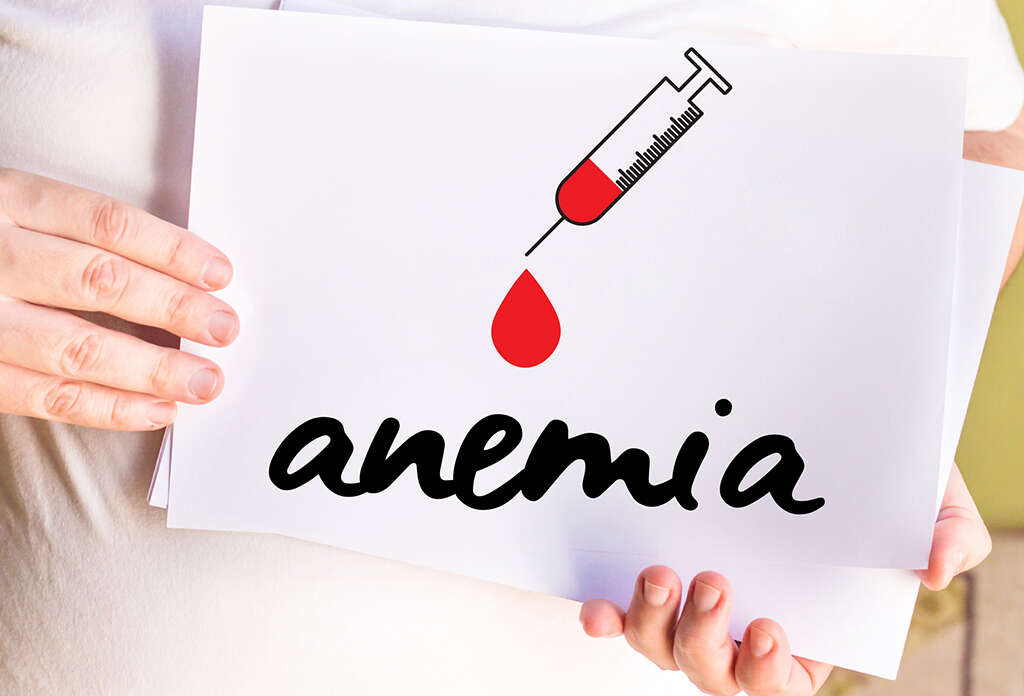
Cause #10: Heart Conditions
We tend to take out hearts for granted as they pump away all day, every day. We are heavily reliant on the heart because if the flow of blood stops we will die. When heart problems do occur that limit the flood of blow, the consequences can be catastrophic.
If you are experiencing heart palpitations for no apparent reason, it could be a sign that there is something wrong with your heart. While not all heart conditions are immediately dangerous some are, such as heart attacks, which can be fatal. If you are experiencing excessive heart palpitations or suspect you are having a heart attack, seek emergency medical assistance without hesitation.
